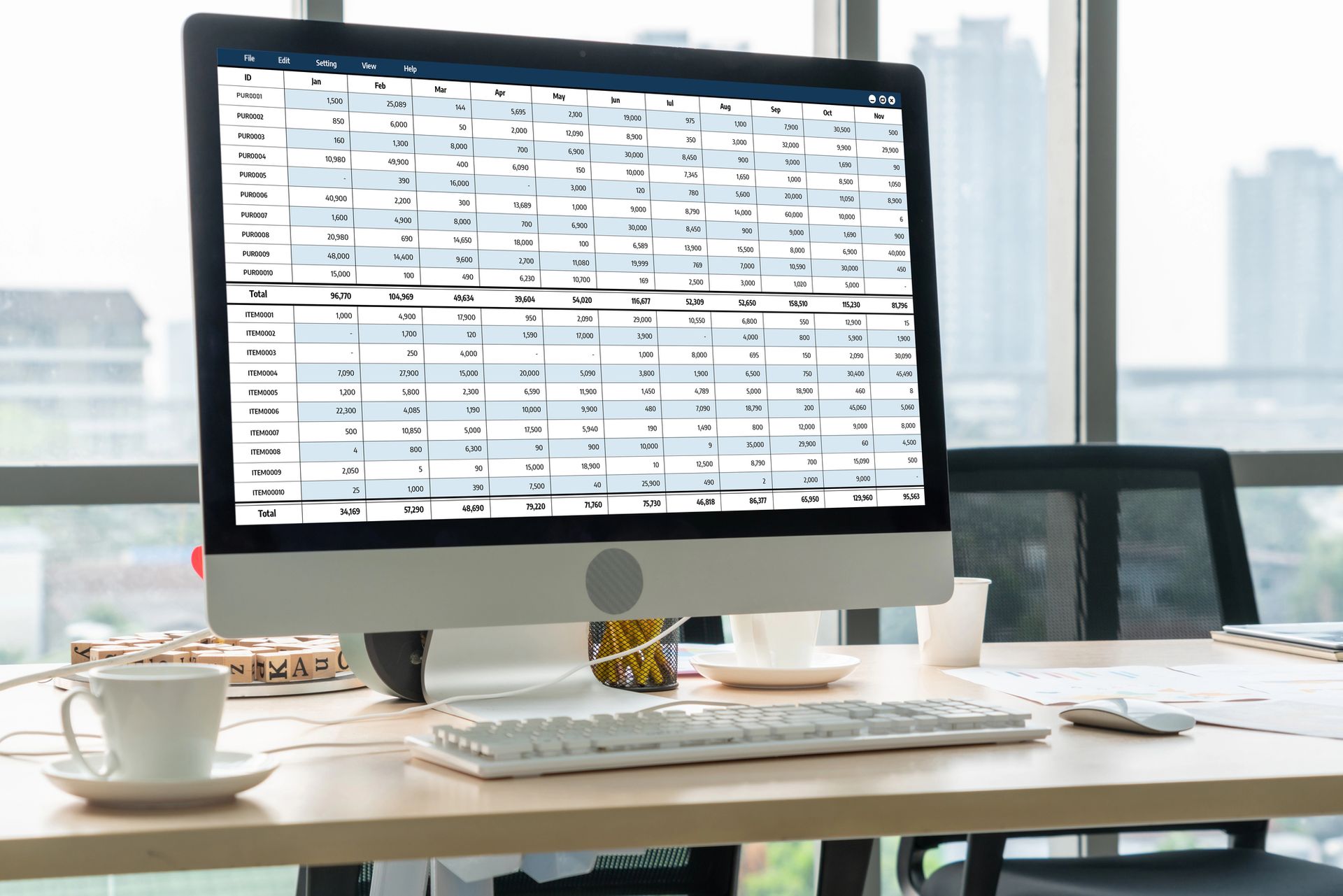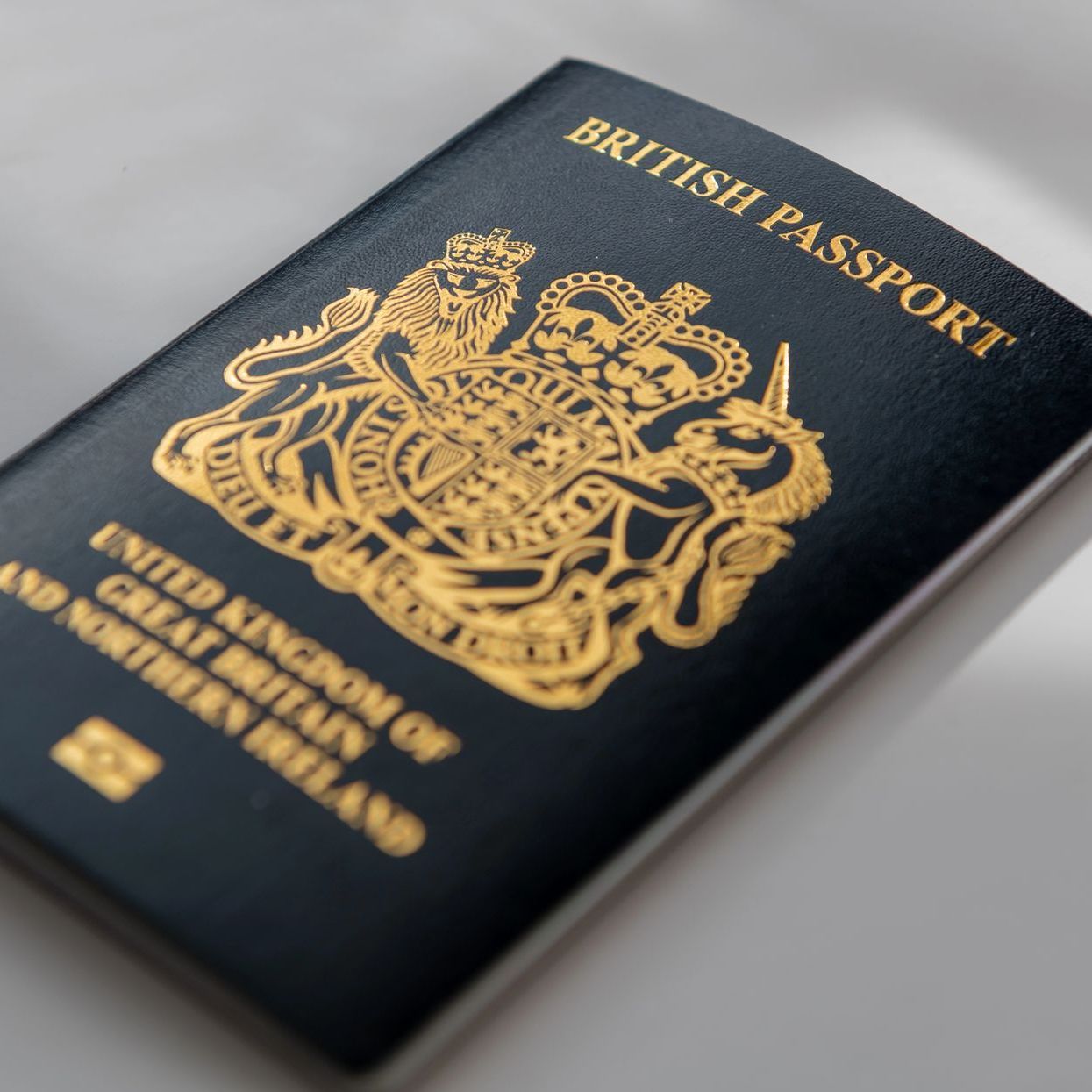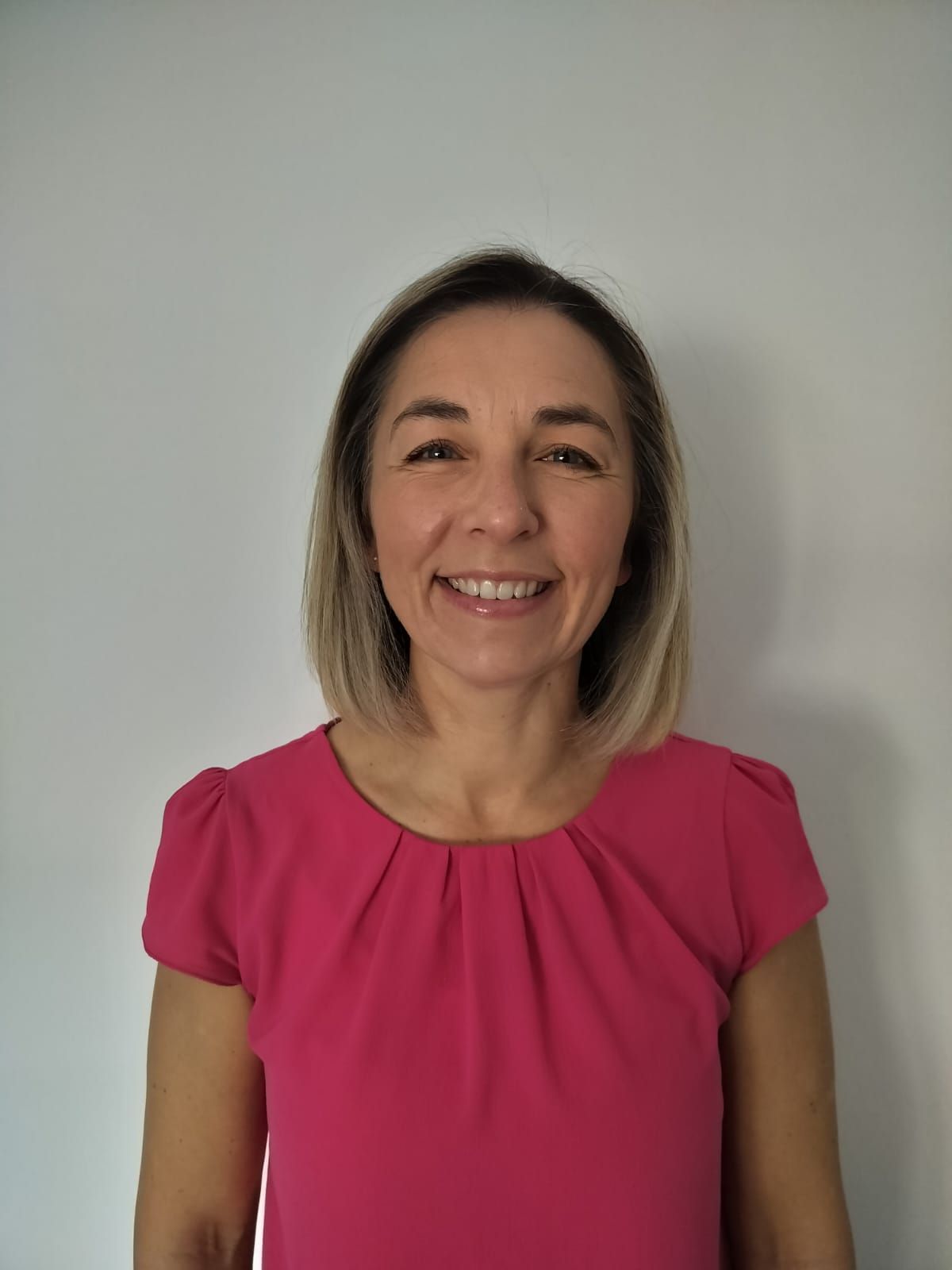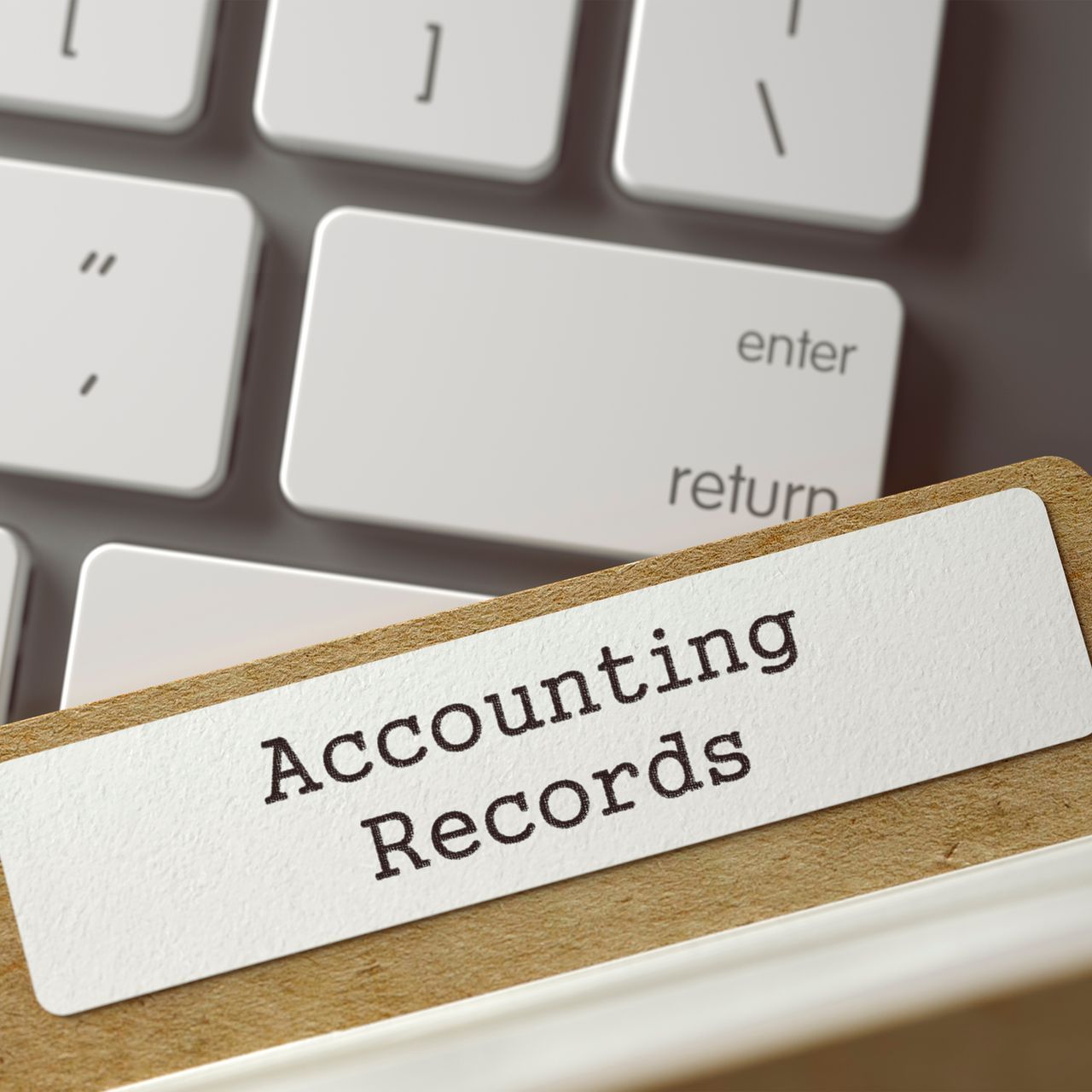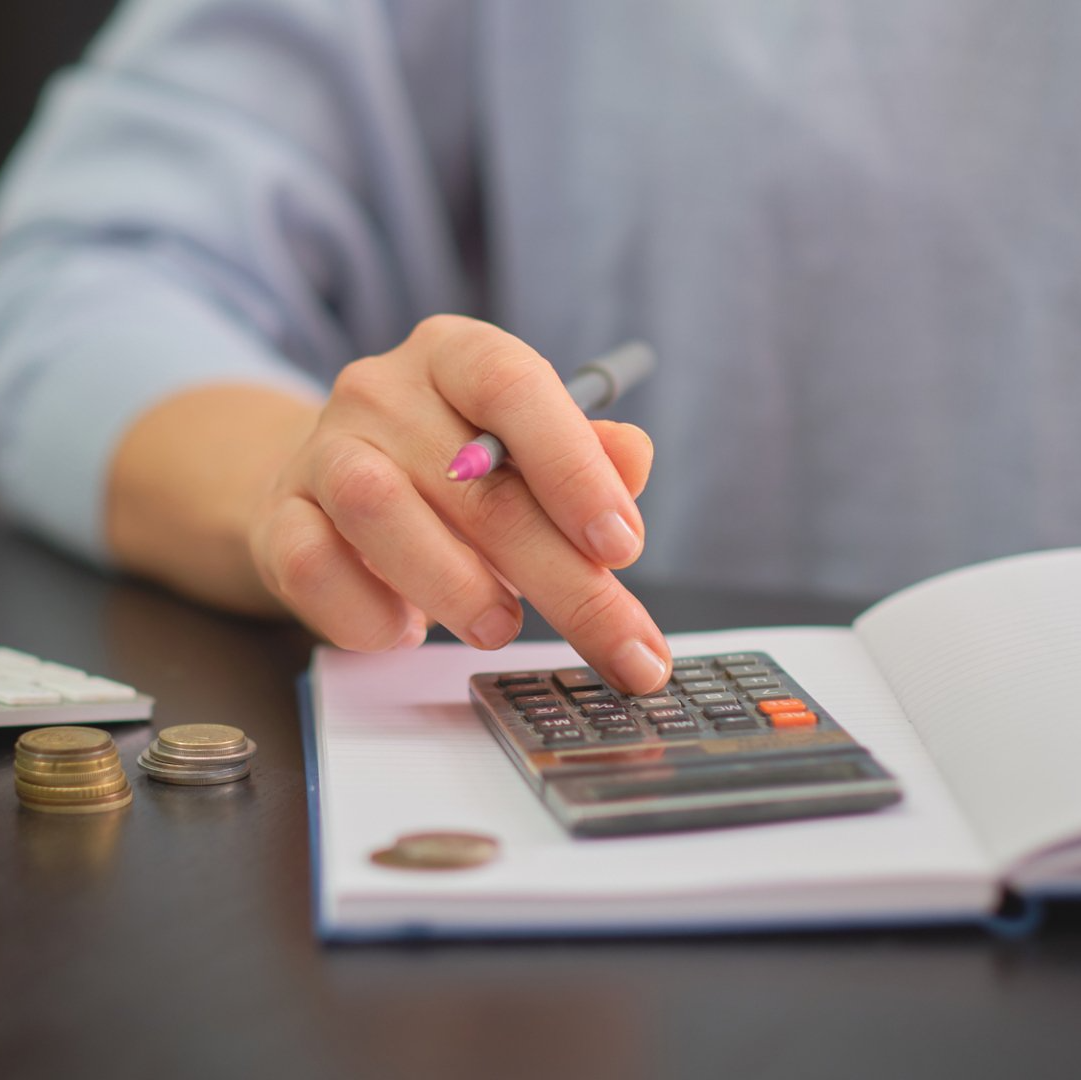Tax return property pages, what are the key changes?
You may have been a landlord for a few years now and are feeling confident about completing your self-assessment return. That’s great but don’t forget that there are a few changes in the 2017/18 return compared to previous years.
Property Allowance
If your income from property is less that £1,000 in the tax year you no longer need to complete a return. You can either tick the box in the return to claim the Property Allowance or let HMRC know that you no longer need to complete a return. New landlords receiving less than £1,000 don’t need to register at all.
Cash basis
This year HMRC will assume that you are preparing your return on a cash basis where previously the assumption was that you would use the accrual method. In most cases you can still choose to use the accrual basis but remember that you need to tell HMRC that you are doing so by ticking the box. You must use the same method across all your properties, including those jointly owned.
If you decide to move from accrual method to cash basis, the basic premise when moving from is that all your income and expenses should be included in one, and only one return. For example, if you accrued an expense last year, don’t include it again this year.
Using the cash basis is nice and straight forward, simply include income and expenses in your return based on the date that the money was received or paid. It’s not often that the tax system becomes simpler!
Simplified expenses
If you have visited your property during the tax year you can now use the simplified mileage rate of 45p per mile to calculate your motor expenses. This wasn’t previously possible and is another nice simplification.
Restriction of finance costs for higher rate taxpayers
This is probably the most complicated of the changes and has an unexpected consequence in some cases. The restriction of finance costs to basic rate tax is being phased in starting with 2017/18. In this tax year, 75% of the finance costs is entered as a normal deduction with the remaining 25% being entered separately in the box for residential costs not already included.
Tax at the basic rate of 20% of this remaining cost is deducted from your overall tax right at the bottom of the calculation as a “tax reducer”. As it reduces your tax rather than your property income, this leaves you with higher income than in previous years, and it is possible that you could be pushed into the higher rate tax bands for other income such as dividends and more of your child benefit may also be clawed back as a result. By the time all the property finance costs are restricted in this way in 2020/21, this could make quite a big difference to the amount of tax you pay.
If you have always completed your return yourself in the past, the property pages of the self-assessment will still look and feel familiar. Hopefully you will find the new entries fairly straightforward but if you are unsure how to proceed with anything, why not give me a call on 07597 546 030 to chat things through before you submit it?





